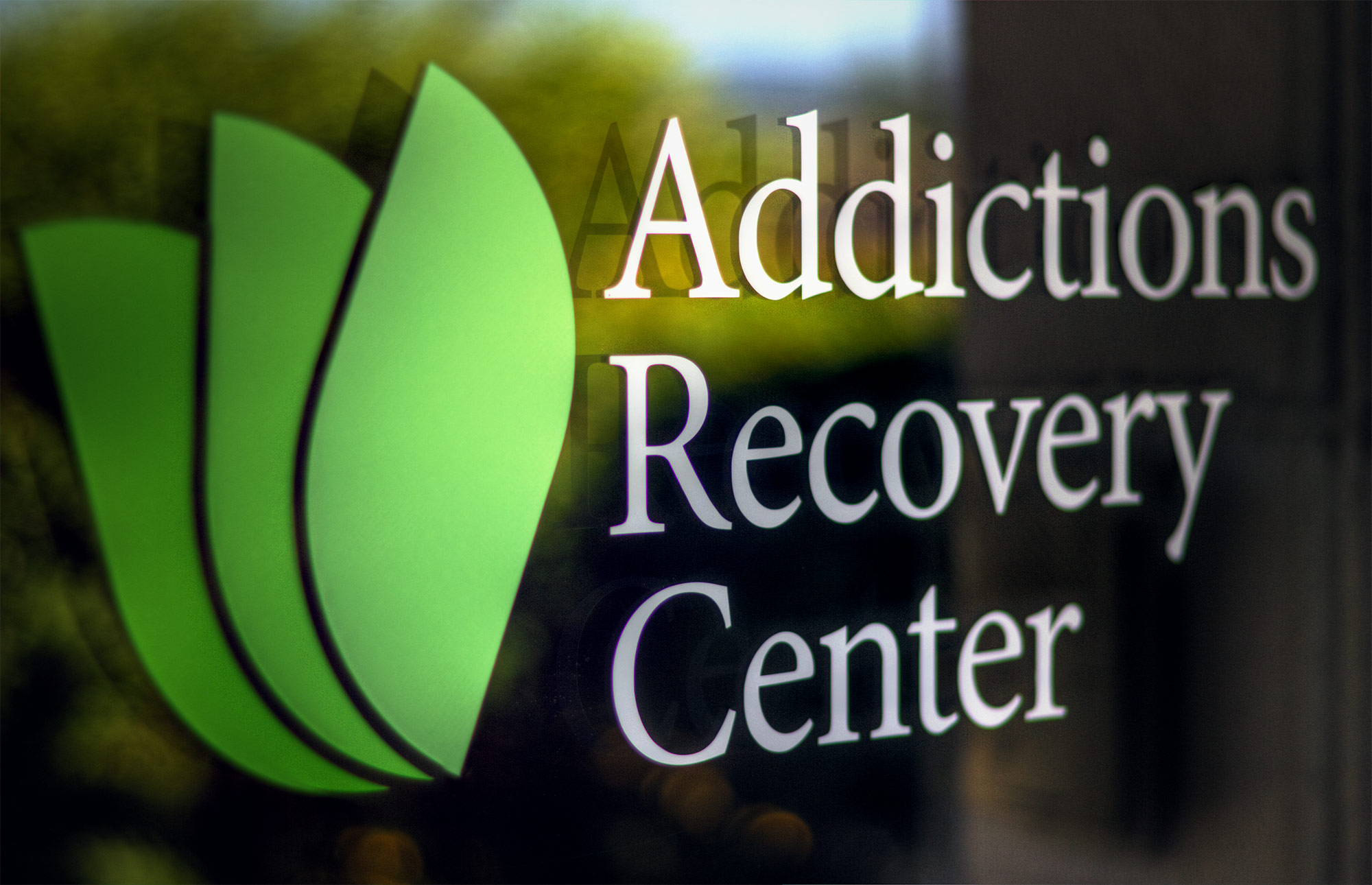Navigating the Journey of Cleansing in the Comprehensive Dependency Therapy Program
The process of detoxing holds a substantial function in damaging the physical reliance on substances and preparing the person for the succeeding phases of therapy. As people grapple with the challenges of withdrawal signs and symptoms and the uncertainties that lie ahead, having a durable support and an organized strategy system in location becomes paramount.
Significance of Detoxification in Recuperation

Detoxification establishes the structure for the remainder of the dependency treatment program by preparing the person for additional treatment and counseling. By cleansing the body important that have been clouding judgment and affecting habits, detoxification allows people to approach their recovery with a more clear mind and more powerful focus.
Moreover, cleansing aids in managing the possibly severe withdrawal symptoms that may occur when medicine or alcohol usage is stopped. Doctor very closely check patients throughout detoxification to ensure their security and offer required support. Via this procedure, individuals can begin their trip in the direction of soberness with a supported physical and mental state, increasing the possibility of a successful recuperation.
Comprehending the Detox Refine
Detoxing, an essential component of dependency therapy programs, involves an organized process targeted at securely eliminating unsafe compounds from the body to help with an effective healing journey. The detoxification process typically starts with an analysis to examine the individual's material use background, physical health and wellness, and mental health. This assessment helps medical care experts determine one of the most suitable detox strategy tailored to the person's requirements.
During detoxification, the body goes through withdrawal as it adapts to the absence of the material. Withdrawal signs vary depending on the type of substance utilized, the duration of usage, and individual aspects. Medical supervision throughout detox is critical to handle withdrawal signs and symptoms and ensure the person's safety and security and comfort.

Taking Care Of Withdrawal Signs And Symptoms

Medications may be used to reduce specific withdrawal symptoms and minimize discomfort. For instance, drugs like methadone or buprenorphine can help take care of opioid withdrawal symptoms, while benzodiazepines may be made use of for alcohol withdrawal. It is essential for doctor to meticulously keep track of the person's feedback to these medications to ensure their security and performance.
In enhancement to medicinal treatments, see here now supportive therapies such as counseling, peer assistance teams, and alternative methods like mindfulness meditation or yoga can assist people deal with the psychological and psychological difficulties of withdrawal. By resolving withdrawal symptoms comprehensively, doctor can improve the cleansing experience and assistance people on their trip to recovery.

Assistance Systems During Detox
Support systems play a critical duty in giving emotional and social help to people undertaking detoxification in addiction treatment programs. During the detoxification process, people typically experience a variety of psychological and physical withdrawal signs, making this phase difficult - Addiction Treatment Center. Having a solid support group in position can considerably influence the person's capacity to browse via detox efficiently
Member of the family, friends, support system, and healthcare professionals are vital components of the support group. Family members participants and close friends can supply motivation, understanding, and a feeling of belonging throughout this difficult time. Support groups provide a platform for people to attach with others that are undergoing similar experiences, providing a sense of area and shared understanding. Medical care specialists, consisting of therapists, medical professionals, and specialists, play an essential role in keeping track of the individual's progress, supplying clinical support, and supplying advice throughout the detox process.
Looking Ahead: Life After Detoxification
Having efficiently finished click here for more info the cleansing phase, individuals in addiction therapy programs now focus on planning for the obstacles and opportunities that lie ahead in their trip in the direction of recuperation. Life after detoxification notes an essential shift duration where people have to continue to build on the development made throughout detoxification to keep their soberness. It is vital for people to recognize that the journey in the direction of recovery is recurring and needs dedication, commitment, and a willingness to welcome change.
One key facet of life after detoxification is the development of dealing mechanisms to handle triggers and food cravings that may arise. This may involve discovering brand-new skills, such as mindfulness practices, cognitive-behavioral methods, and anxiety monitoring approaches, to browse difficult circumstances without turning to material usage. Additionally, individuals are encouraged to proactively engage in continuous treatment, assistance teams, and aftercare programs to strengthen their support network and receive assistance as they browse the intricacies of life post-detox.
Final Thought
Comprehending the detoxification procedure and managing withdrawal signs are vital actions towards healing. It is essential to identify the relevance of detoxification in the process of getting over dependency and moving in the direction of a life of soberness.
Medical guidance throughout detox is vital to manage withdrawal signs and make certain the individual's security and convenience.
By comprehending the detoxification procedure and its significance in damaging the cycle of dependency, individuals can begin on a course in the direction of lasting recuperation.
Throughout the detox process, people often experience a range of emotional and physical withdrawal symptoms, making this phase difficult. Medical care specialists, including therapists, counselors, and doctors, play a vital duty in monitoring the individual's progress, offering medical support, and providing support throughout the detoxification procedure.
Life after detoxification notes a crucial transition period where people must proceed to construct on the progression made throughout detox to maintain their sobriety.